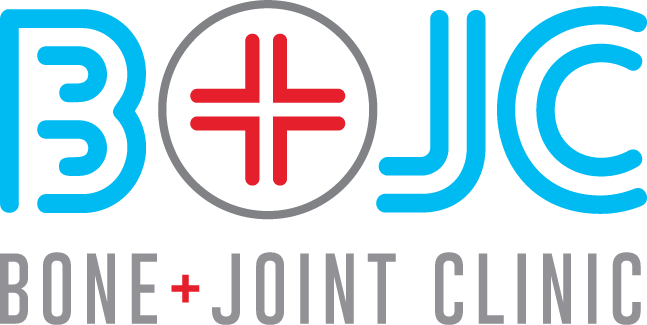Back Pain
OVERVIEW
Back pain is one of the most common reasons for people to see their doctor. More than 90% of people will experience back pain during their life, and the vast majority of flare ups in back pain will settle without intervention. Most of these flares will show considerable improvement after 2 weeks and will have dissipated by 6 weeks. The frequency of flare-ups is dependent on the individual case. It is important that you understand that the discs between your vertebra change with time. The same collagen that is in our skin forms part of the disc and just as we look older as we age, our discs also look older as we age. Disc bulges (as opposed to herniations or sequestrations) are a normal part of the ageing process and most people over the age of 35 will have one or more disc bulges on their scan. This is normal. It is only if the disc changes result in nerve compression or instability that I would consider surgical management.
NON-SURGICAL INTERVENTIONS
The non-surgical interventions that have been shown to be effective in the management of chronic back pain are: weight loss (to a healthy weight range) improvement of cardiovascular fitness, improvement of core muscle conditioning, ceasing smoking. For an acute, severe flare (in the absence of significant leg pain or a prior history of cancer) chiropractic manipulation, muscle relaxants and anti-inflammatories may also be of benefit. Bed rest for more than 48 hours for an acutely painful episode has been shown to be counter-productive. I personally do not believe in the use of opioid pain killers for the management of chronic back pain and I will not provide scripts for these types of medication as doses need to be monitored carefully by your usual doctor to prevent the development of tolerance and dependence issues.
OPERATIVE MANAGEMENT
In most circumstances I will not operate if the major complaint is back pain. Situations in which surgery may be indicated include: acute trauma or fractures deformity or instability after a traumatic episode in the setting of tumours or cancers of the spine infection where degeneration has resulted in instability or deformityIn patients without these types of pathology I do not generally pursue operative management. There has been a recent meta-analysis published comparing the outcomes of operative and non-operative management of back pain which shows only minor improvements with surgery. For this reason I believe the potential benefits are outweighed by the risks. I can provide this reference for you on request. If you wish to come and see me regarding your back pain the consultation will revolve around: excluding any dangerous condition such as cancer or infection excluding any significant nerve compression discussing your non-operative treatment and maximising this potentially ordering nerve or joint blocks to help with your painIf you have a combination of back pain and leg pain then there may be an element of nerve compression contributing to your leg symptoms and there are potential surgical cures for this. I will take a thorough history and examine you and if your clinical findings fit with the scan results surgery may be offered to alleviate your leg symptoms. Sometimes this surgery will improve, but not cure, back pain. I do not want to waste your time. If your expectation is surgical management of back pain, it is very unlikely that I will pursue that course.
If you would rather see a spinal surgeon who is more proactive in the surgical management of back pain I can provide you with their contact details. This information is not exhaustive and if you have further questions I would be happy to answer them.
